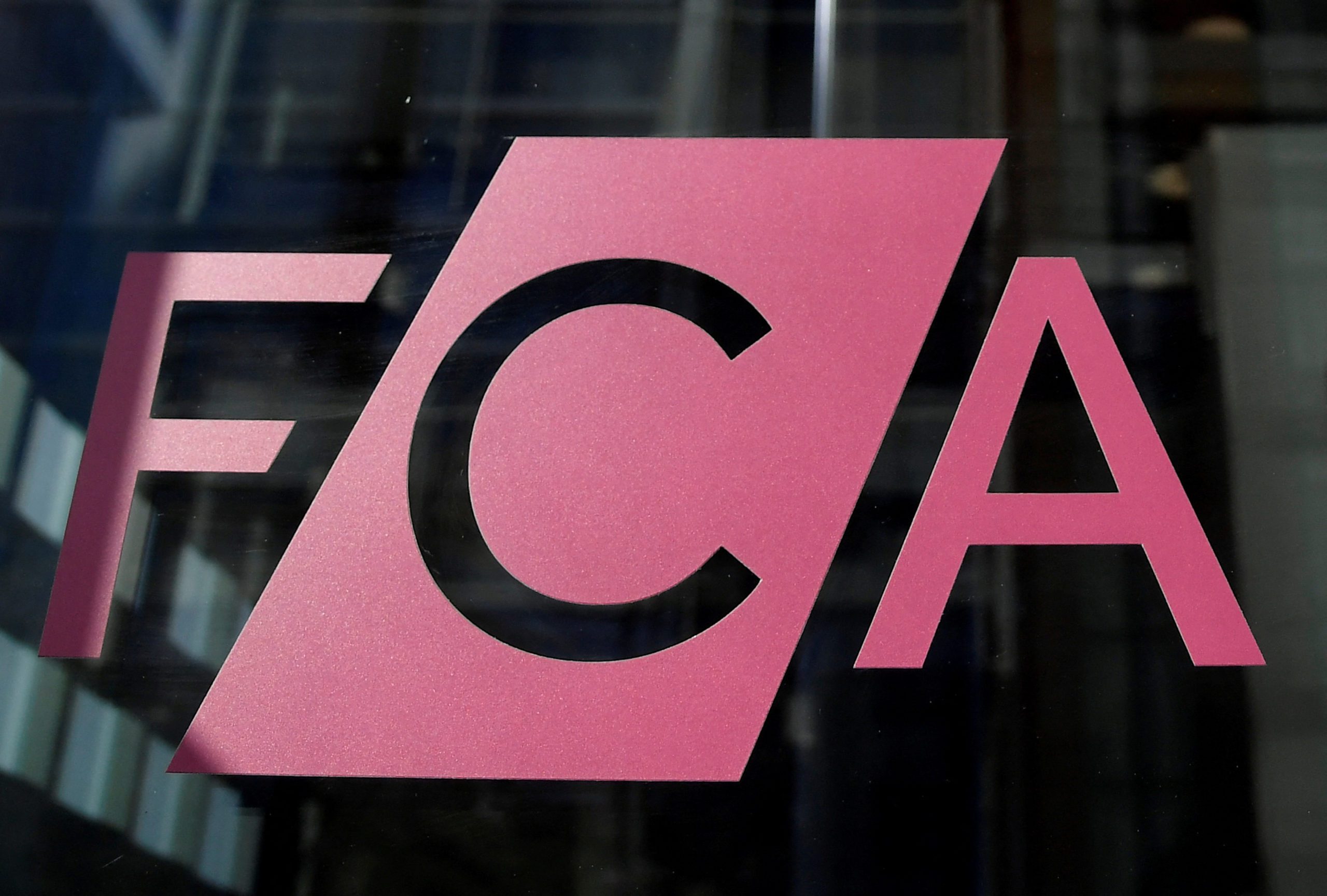By Dan Byrne for AMLi
THE HEAD of the Financial Action Task Force has said that small businesses and vulnerable communities stand to suffer the most from COVID-related financial crime.
Speaking a meeting of G20 finance minister and central bank governors, FATF President Dr Marcus Pleyer said that the pandemic was creating a new wave of financial crime that would harm economic prosperity.
“New crime and terrorism pose serious risks to economic recovery, because it undermines just competition, hampers growth, deepens inequality, and erodes confidence in the integrity of the global financial system,” he said.
He spoke particularly of the dangers to those living and working outside the realms of big business, and the dangers that are posed by financial criminals adapting their tactics to a COVID-dominated environment.
“Real estate, construction, as well as small and medium-sized businesses in general, appear to be particularly vulnerable,” the told the G20.
“And with rising numbers of people out of work, there is an increased chance of the vulnerable being used as money mules – for criminals to launder their illicit cash.”
He harked back to the ever-evolving standards that FATF sets its member governments worldwide. Acting primarily as a global advisory and assessment body, FATF’s standards are the cornerstone of its operation.
Examinations of how member-states are applying those standards and transposing them into national law are how the organisation determines which nations are in further need of follow-up, or warrant caution for non-compliance.
“To contain the economic vulnerabilities associated with financial crime, leaders need to keep the fight against money laundering high on their agendas. The FATF Standards help government do just that,” Pleyer said.
“If effectively implemented, they would have an immediate impact right now.”
Although FATF enjoys widespread cooperation from G20 nations in the fight against financial crime, some states are faster to adapt to implementing standards than others.
In October, the organisation re-iterated their criticism that eight G20 FATF members had not yet incorporated standards around stablecoins [a type of commodity-backed cryptocurrency] into their national laws.
“FATF remains committed to working with the G20 to help authorities stop money illicitly flowing out of economies at precisely the time when health services need it most,” Pleyer stressed.
“Together, we will help ensure a strong, stable economic recovery.”
Share this on:
Follow us on:








